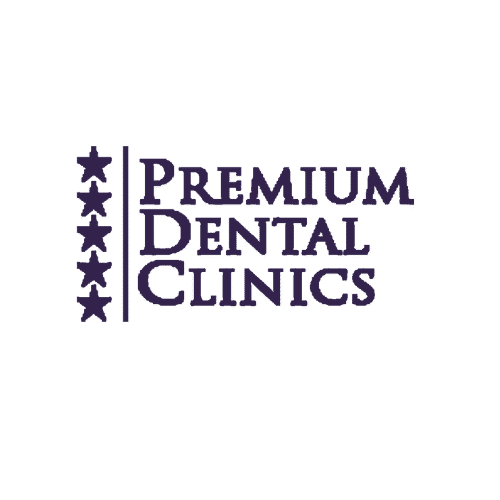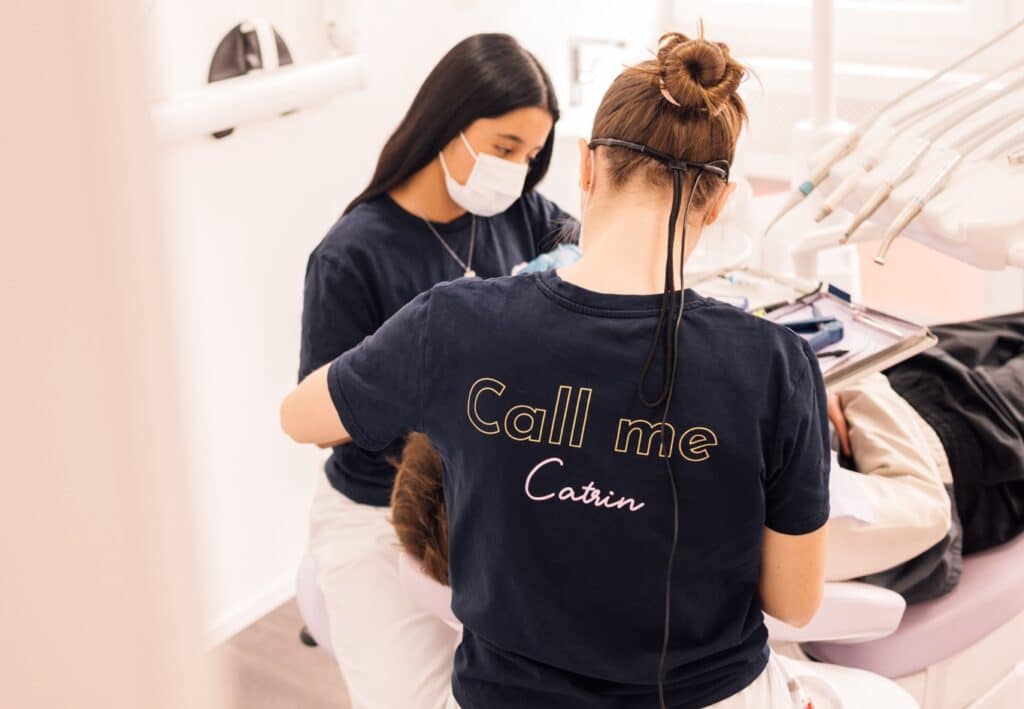Surgical periodontology
Surgery to eliminate stubborn periodontal pockets and rebuild the gums
Periodontitis or periodontal disease is an infectious disease characterised by the destruction of the supporting tissues around one or more teeth. Periodontitis is mainly caused by the accumulation of tartar and biofilm (dental plaque) under the gums.
The supporting tissues gradually detach from the tooth and the space between the tooth and the gum deepens, leading to mobility and uprooting of the teeth (which appear longer).
Surgical periodontology at CHD
There are three phases of periodontitis: early (or mild), moderate and advanced. In the case of surgical periodontology, the surgeon will analyse the results of the first non-surgical treatment and re-evaluate the situation and the areas where he needs to intervene.
Discover this treatment in video

Rates
| Surgical periodontology | ~800.- |
Exact quotation before treatment.
*You can also choose to pay in installments.
Fair & transparent prices
We strive to maintain unbeatable value for money: reasonable prices, which have not changed since 2016, for quality of care that has earned us numerous awards:




Advice
The session ends with tailor-made advice from the surgeon on the best oral and dental practices to follow after surgery.
Periodontal disease is difficult for patients to identify because it is not painful. If regular monitoring is not carried out, it is often too late when it is diagnosed (the patient consults for teeth that are moving or gums that have receded). What’s more, once the disease has stabilised, it requires regular, in-depth treatment for the rest of the patient’s life.
Dr Abouayoub, Clinical Surgeon, CHD Meyrin and Lausanne.
Next appointment
Your next appointment (recall) is scheduled as part of the personalised follow-up offered by CHD. This is based on your lifestyle, the quality of your saliva and other parameters, to ensure that your oral health remains at an optimum level. And you don’t have to worry about it any more, we’ll take care of reminding you: text message, letter, email, it’s your choice!
Our dental clinics
Find out more about surgical periodontology
Periodontitis is mainly treated by professional cleaning, known as scaling and root planing, combined with good oral hygiene. For detailed information, see our article on treatments for periodontitis.
Periodontitis is generally caused by an accumulation of dental plaque, a bacterial biofilm that can build up under the gums. Risk factors include poor oral hygiene, smoking and genetic predisposition. To find out more, read our article on the causes of periodontitis.
Treating severe periodontitis often involves periodontal surgery procedures, such as surgical debridement or bone grafts, in addition to good oral hygiene. To find out more, read our article on treatments for severe periodontitis.
With periodontitis, it’s essential to brush your teeth using a soft toothbrush and applying the modified Bass brushing technique, which involves brushing gently below the gum line. For detailed instructions, see our article on brushing your teeth with periodontitis.
It is advisable to consult a periodontist if you notice signs of periodontitis, such as bleeding gums, persistent bad breath or loose teeth. For more information, see our article on when to see a periodontist.
Although certain natural practices, such as rinsing with salt water or using medicinal plants, can relieve symptoms, they do not replace the professional treatment needed to cure periodontitis. To find out more, read our article on natural approaches to periodontitis.
A diet rich in fruit, vegetables and lean protein sources can support gum health when you have periodontitis. Avoiding sugary and processed foods is also recommended to reduce inflammation. For detailed advice, see our article on the right diet for periodontitis.